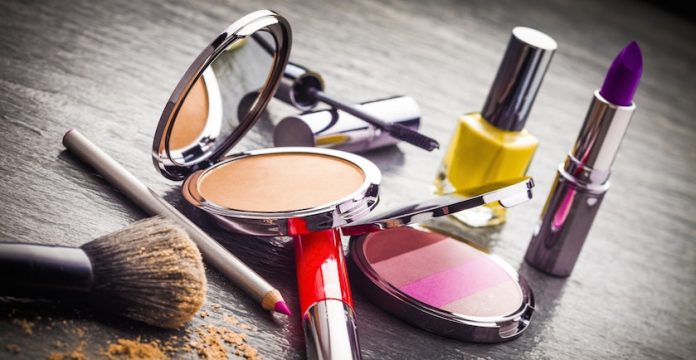
The $71 billion cosmetics industry in the U.S. is severely under-regulated. Cosmetics and other personal care products are “one of the least regulated industries in the U.S.” according to the Campaign for Safe Cosmetics.
What governs the cosmetics industry is an outdated law. The Federal Food, Drug and Cosmetic Act, passed in 1938, largely leaves the cosmetic industry unregulated. The 112 page law has only one page for cosmetics. It “provides virtually no power to perform even the most rudimentary functions to ensure the safety,” the Campaign for Safe Cosmetics points out.
Senate legislation championed by Senators Dianne Feinstein (D-CA) and Susan Collins (R-ME) would amend the Federal Food, Drug and Cosmetic Act “to ensure the safety of cosmetics.” Called the Personal Care Products Safety Act it would require cosmetic manufacturers to register their facilities with the U.S. Food and Drug Administration (FDA). It would also give the federal agency the authority to test cosmetic ingredients and issue recalls for products deemed unsafe.
Read more about cosmetics regulation legislation
Not everyone is happy with the legislation. Some in the cosmetics industry are fighting hard against it. One of those companies is Guthy Renker, the national distributor for hairstylist Chaz Dean’s Wen Hair Care. Guthy Renker is part of a beauty care trade association that the New York Times characterizes as “aggressively lobbying Congress” to stop Feinstein’s and Collins’ legislation from passing.
Several years ago the FDA had talks with the cosmetics industry with the goal of agreeing on new regulations for the industry. However, the talks “collapsed,” according to the Washington Post. An FDA official wrote a letter to several personal care products trade associations expressing “profound disappoint” in their draft legislation on FDA oversight of the cosmetic industry. He claimed that the draft legislation crafted by the trade associations “prevents federal and State governments from protecting Americans from unsafe cosmetics.”
Contrast the U.S. lack of real regulation with the European Union’s Registration, Evaluation, Authorisation and Restriction of Chemicals (REACH) legislation enacted in 2006. It created a European Chemicals Agency (ECHA), the agency that cosmetic manufacturers must submit evidence to that their products are safe. There are chemicals banned in the EU that are legal to use in the U.S. and are used in cosmetics. The FDA has only banned 11 chemicals banned for use in cosmetics while the EU banned 1,328 chemicals.
Canada, the neighbor to the north, has stricter regulation of cosmetics. The Canadian government maintains and regularly updates a Cosmetic Ingredient Hotlist with hundreds of chemicals listed that are either restricted or prohibited from use in cosmetics. That list includes formaldehyde, triclosan, selenium, nitrosamines and 1,4-dioxane which are all permitted in U.S. cosmetics. Cosmetic manufacturers are required to disclose the ingredients in their products to Health Canada and must register their products with the federal agency.
The American people deserve regulation that will ensure the cosmetics they use are safe.
READ MORE: Are Your Cosmetics Harming You? 4 Ways To Protect Yourself




